Feeds
All Feeds Content
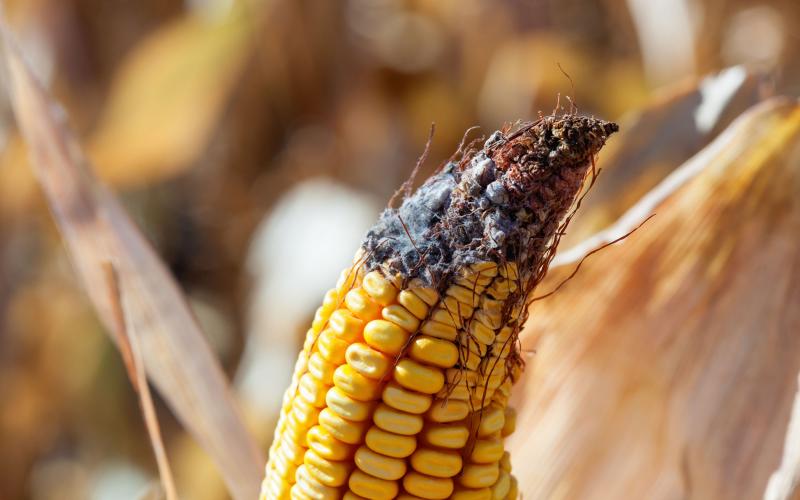
Can Livestock Utilize Moldy Grain?
While livestock producers know that moldy grain and forage are not ideal feedstuffs, they also know that stored feed occasionally contains a small amount of visible mold, and that their animals consume it with no obvious adverse effects. The question arises, how much mold is too much for a feed to be unsuitable for animals?
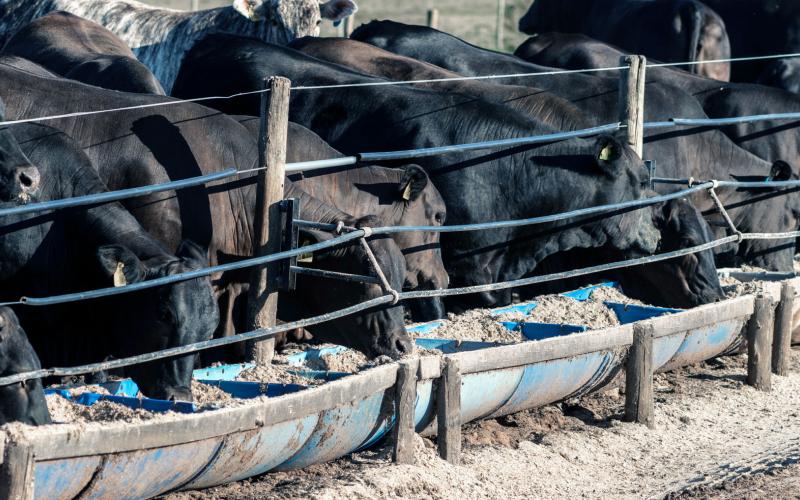
Cull Cow Management and Marketing Opportunities
No matter the reason for culling, it is important to evaluate the opportunity to add value to cull cows at marketing, as they make up a significant portion of annual ranch income.
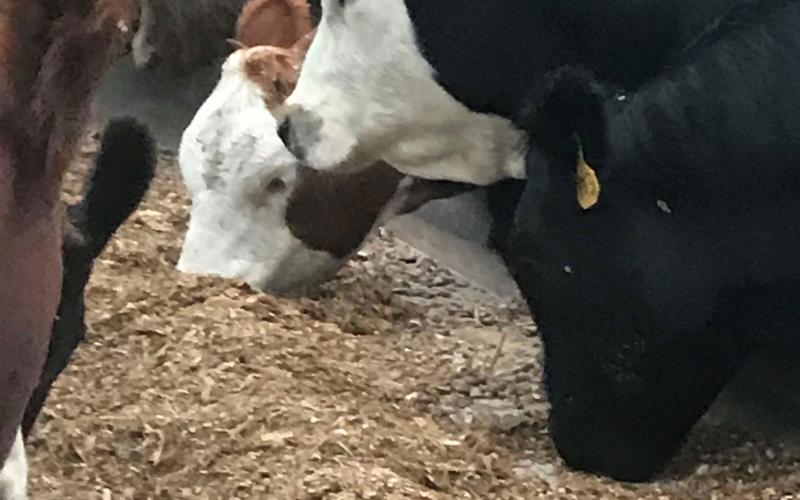
Frequently Asked Questions - Forage Nitrate Toxicity in Ruminant Livestock
A fact sheet to address frequently asked questions about forage nitrate toxicity in ruminant livestock.
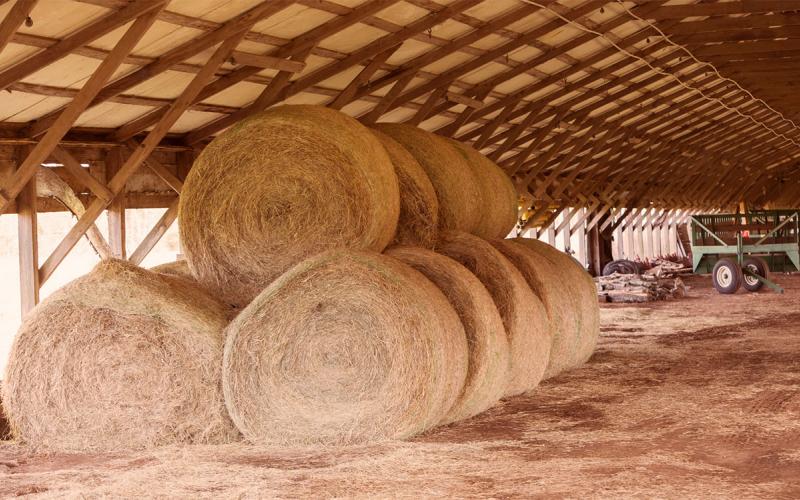
Planning Forage Needs
Inventorying and planning for hay and other forage feed needs is essential every year, especially when production is uncertain due to drought or excess moisture.
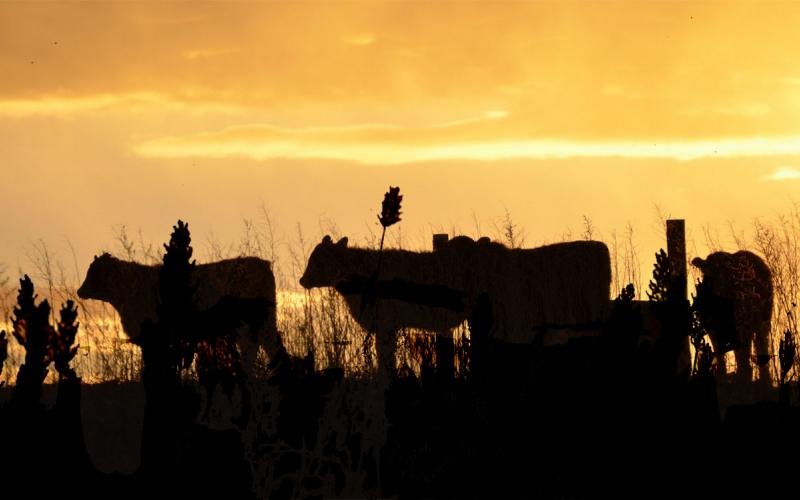
Prussic Acid Precautions
During periods of drought, it is important to aware of the factors that can be a concern during these conditions, specifically nitrates and prussic acid. It is important to take precautions when using feeds that could contain one or both compounds.
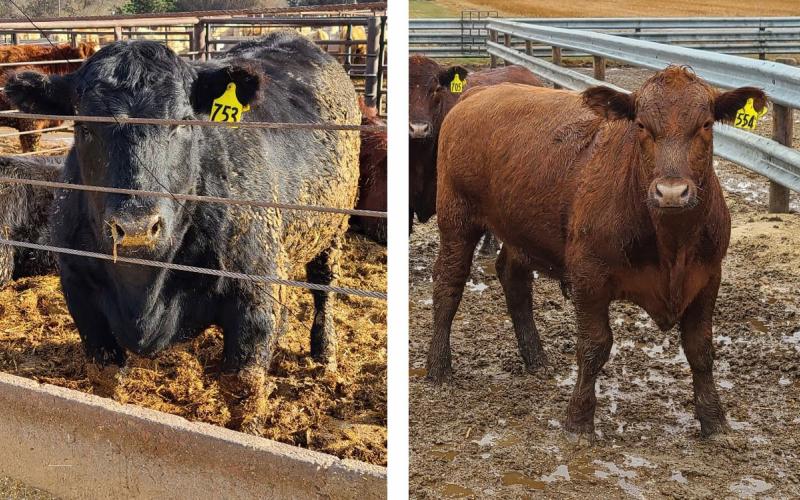
Raising Freezer Beef: When Is the Animal Finished?
Many producers have had their own beef processed for years, and some may have been selling animals to their neighbors on occasion. It's another matter entirely when the objective is satisfying customer expectations, especially if finishing cattle hasn't been a normal part of your operation.
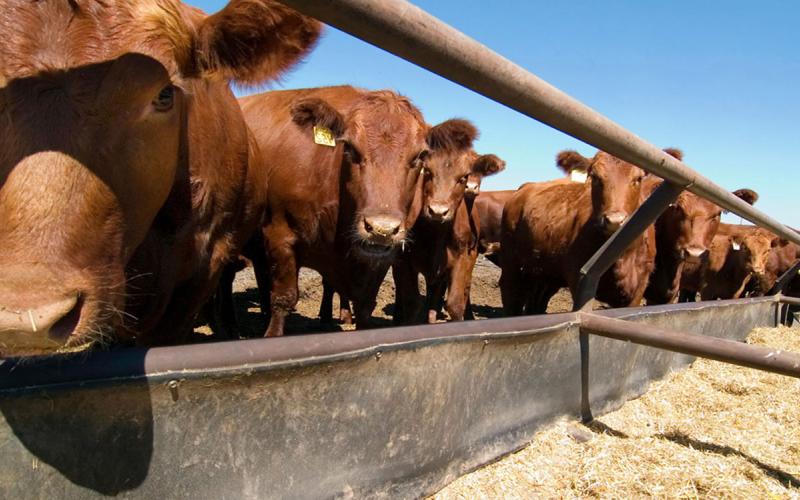
Raising Freezer Beef: Management Considerations
A trend that has become more prominent in recent years is for ranchers to finish a few animals and sell beef direct to the consumer. Proper feeding and management is key to capturing extra value and in meeting customer expectations.
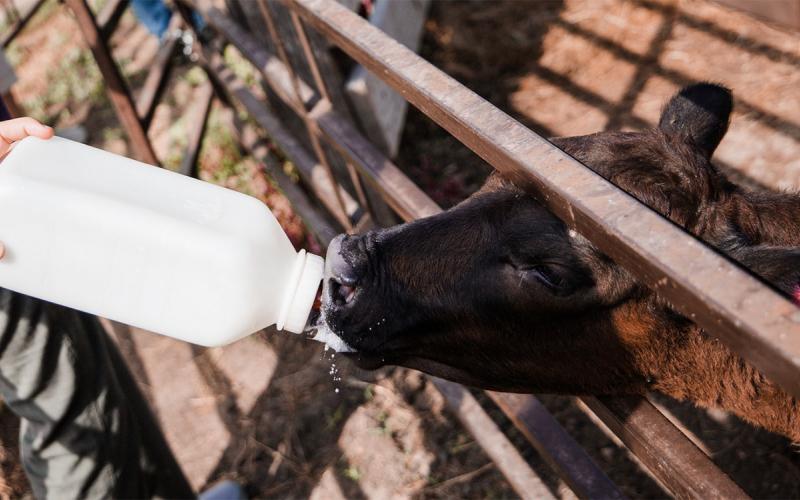
Managing Orphaned Calves
With careful management and proper nutrition, calves orphaned by challenging winter weather can perform similar to calves still on the cow.
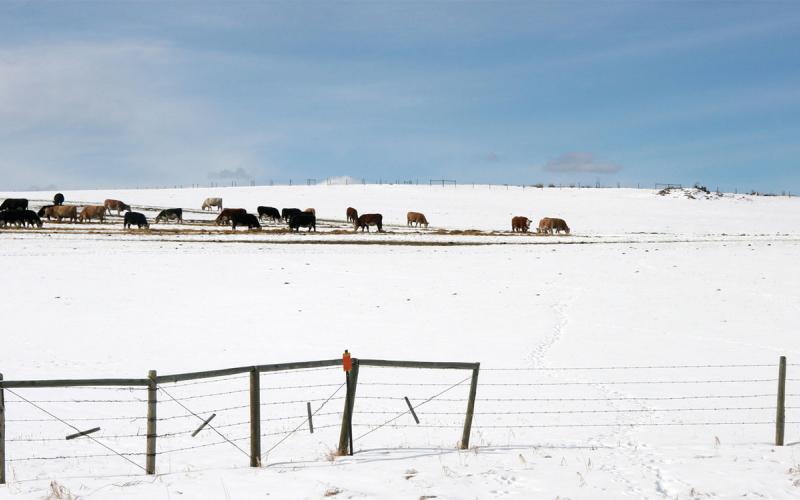
Winter Cow Supplementation and Cold Stress
Extreme winter weather makes it challenging to meet a cow’s nutrient requirements. With below-normal temperatures come challenges of ensuring adequate nutrition and protection for livestock, including being prepared to provide additional feed and shelter.
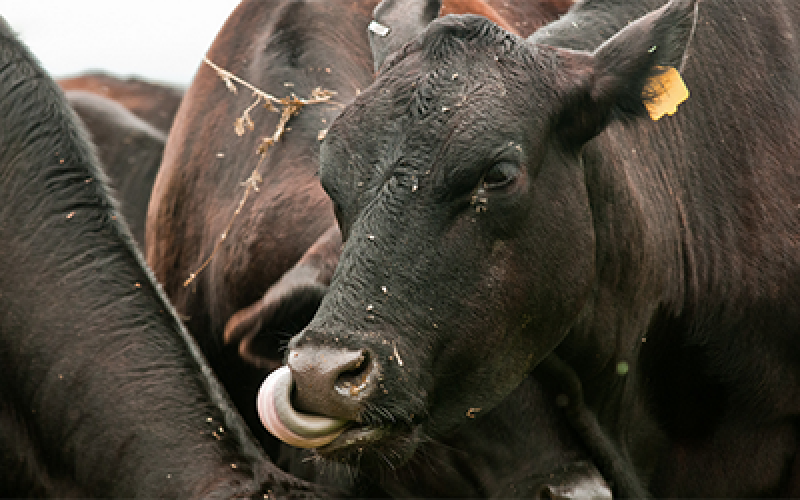
Understanding the Importance of Your Herd’s Energy Reserves
The energy reserves of a herd are a direct correlation to the nutrient supply and balance. Body condition scoring is a practical tool that is simple to implement and allows producers to analyze the energy reserves of their herd and manage winter feeding accordingly.